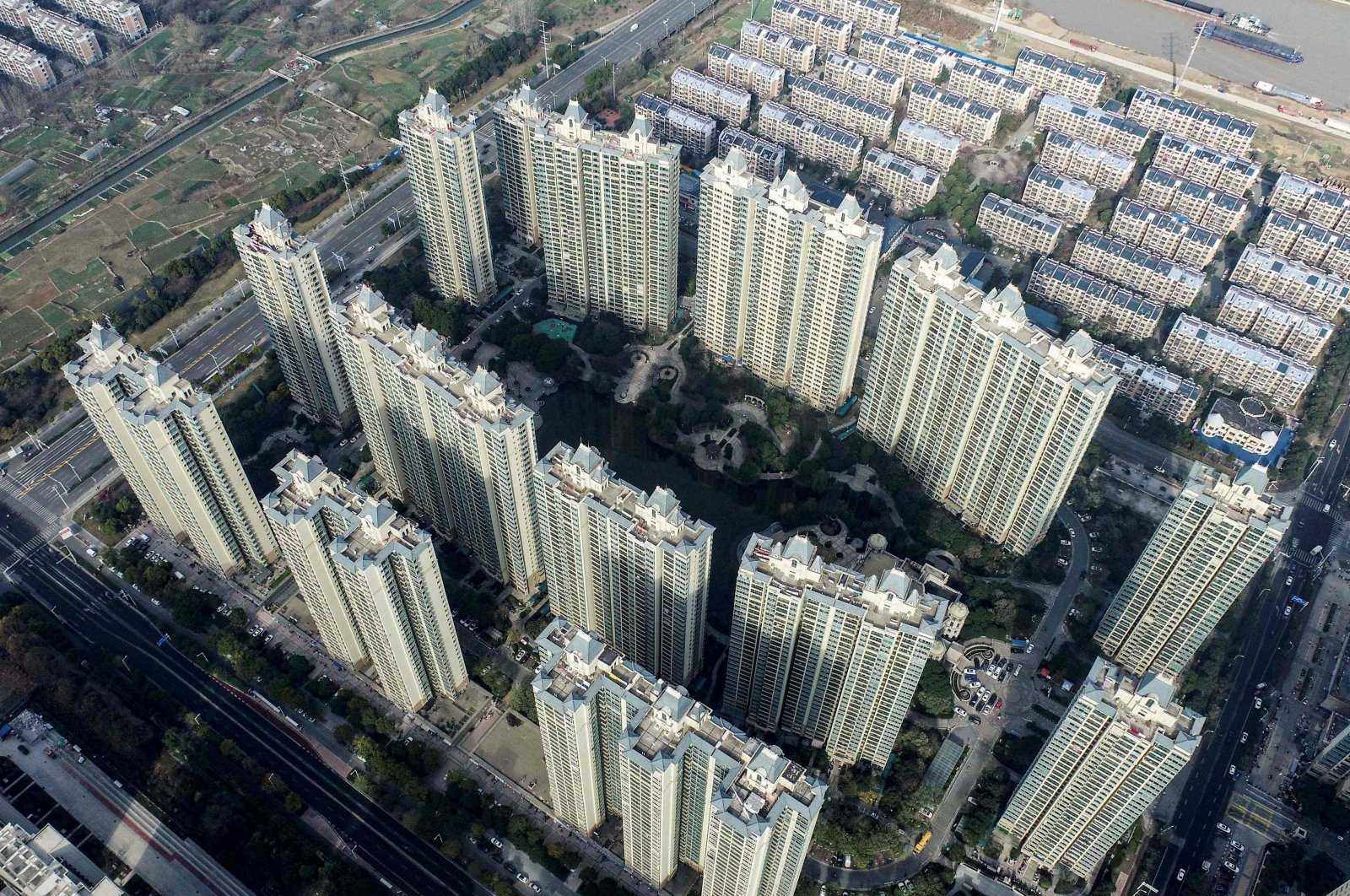
The China Evergrande Group has pledged to repay its debt in 2023, a year its chairperson dubbed crucial for the property giant, which faces a restructuring following Beijing’s crackdown on excessive borrowing and rampant speculation in the real estate sector.
Company Chairperson Hui Ka Yan told staff that, “2023 is a key year for Evergrande to fulfill its corporate responsibility and do everything in its power to ensure the delivery of construction projects,” according to an email cited by Agence France-Presse (AFP).
Saddled with over $300 billion in liabilities and undergoing a debt restructuring, the world’s most indebted property developer has been struggling to repay its many creditors and suppliers and complete projects.
“I trust firmly, as long as the entire Evergrande staff … does all the jobs solidly including completing construction, restoring sales, restoring operation, we will definitely be able to ensure home delivery … (and) repay all kinds of debt and resolve risks,” Hui said in the letter dated Jan. 1.
The company last year resumed work on 732 construction sites and delivered 301,000 residential units to homebuyers, the message said.
The figures compared to 631 projects and 256,000 units in the first 11 months, according to a company filing last month.
In the December filing, the firm said its operation still faced significant challenges due to its substantial liabilities.
There was significant uncertainty on whether the resources for debt repayment could generate the expected value, it said, creating the differences between the group and its creditors on the terms of the debt restructuring plan.
Employees “endured huge physical and mental stress, and overcame countless difficulties to realize the impossible,” Hui wrote.
Evergrande has rushed to offload assets in recent months and has been involved in restructuring talks.
Evergrande aimed to win creditors’ approval for its debt restructuring proposals by as early as the end of February, the company said earlier.
The company has come to embody a broader crisis in China’s property sector, which accounts for around a quarter of the country’s gross domestic product (GDP).
Major developers including Evergrande have failed to complete housing projects, triggering protests and mortgage boycotts from homebuyers.
And smaller firms have defaulted on loans or had problems raising cash since the government brought in stricter lending curbs in 2020.
In November, an official document showed Evergrande had sold land earmarked for its headquarters in the southern tech hub of Shenzhen for $1 billion.
That same month, China’s banking regulator and central bank issued new measures to promote the “stable and healthy development” of the real estate industry.
They include credit support for indebted developers, financial support to ensure projects are completed and assistance for deferred-payment loans for homebuyers.
Source link

